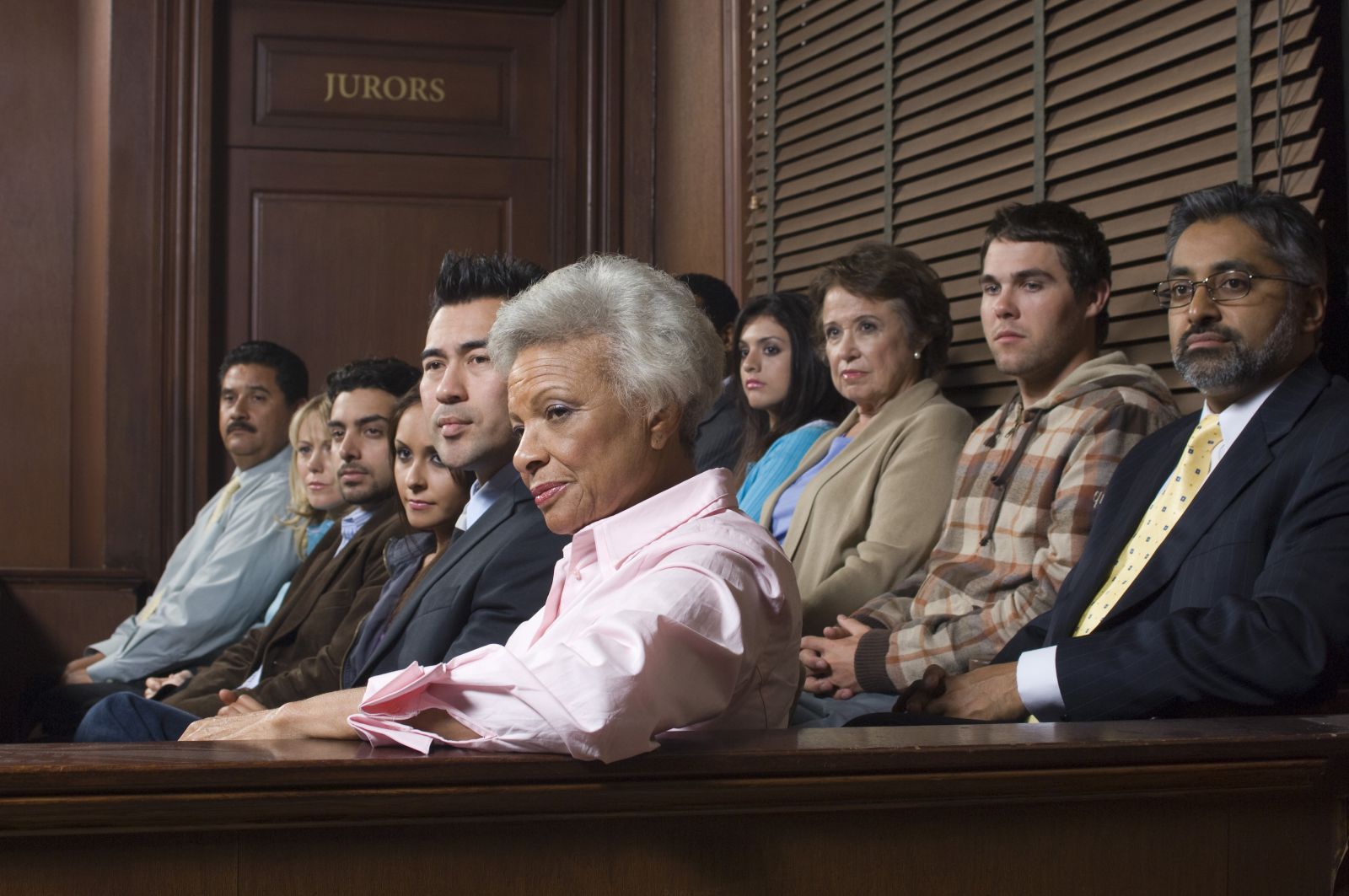October 12, 2023
Diverse jury pools are necessary both as a constitutional or statutory matter and as a means to increase public support for the legitimacy of the justice system. Several states have made attempts this year to quantify and ensure jury pool diversity.
The authors of “Assessing and Achieving Jury Pool Representativeness” note that it is critical to have an inclusive and representative jury to preserve the right to a fair and impartial jury. Courts can take action to lead to inclusiveness and representativeness. As the first step in a complex process of assembling the jury pool, a broadly inclusive master jury list that is also geographically and demographically representative with accurate address records is crucial. They offer several options on how to measure the demographic characteristics of both the population as a whole and the jury pool.
More recently NCSC developed ideas to eliminate “shadows” (multiple records for the same person) and “ghosts” (records for individuals who no longer live in the community) in juror lists to improve jury diversity. Source list data, such as state drivers’ license lists, registered voter lists, or state income tax filer lists, can result in comparative disparities between the population as a whole and in jury pool lists that are under or over-representative.
Beyond the question of whether the jury pool itself is diverse is the question of how realistic it is for a diverse cross-section of the population to serve on jury duty once called. Juror compensation rates can impact diversity when individuals are unable to financially afford to take time off of work or face similar complications. 2023 saw numerous efforts to address these issues, including increasing juror pay in six states (Indiana, Nevada, North Dakota, Oklahoma, Texas, and Virginia). Alabama’s legislature authorized the state’s supreme court to set juror pay rates by court rule in the future rather than by statute. Finally, California has advanced legislation to expand an existing program to pay low-income jurors in criminal cases $100 a day (rather than the normal $15). The pilot program has already had an impact; 63% of San Francisco participants identified as people of color, and 81% said they could not have participated without this financial assistance. The California bill would expand the San Francisco pilot plan to four additional counties.
What is your state doing to increase diversity in jury pools? For more information, participate in a live jury session at the MAACM annual conference beginning October 22 or contact Knowledge@ncsc.org or call 800-616-6164. Follow the National Center for State Courts on Facebook, Twitter, and LinkedIn.
